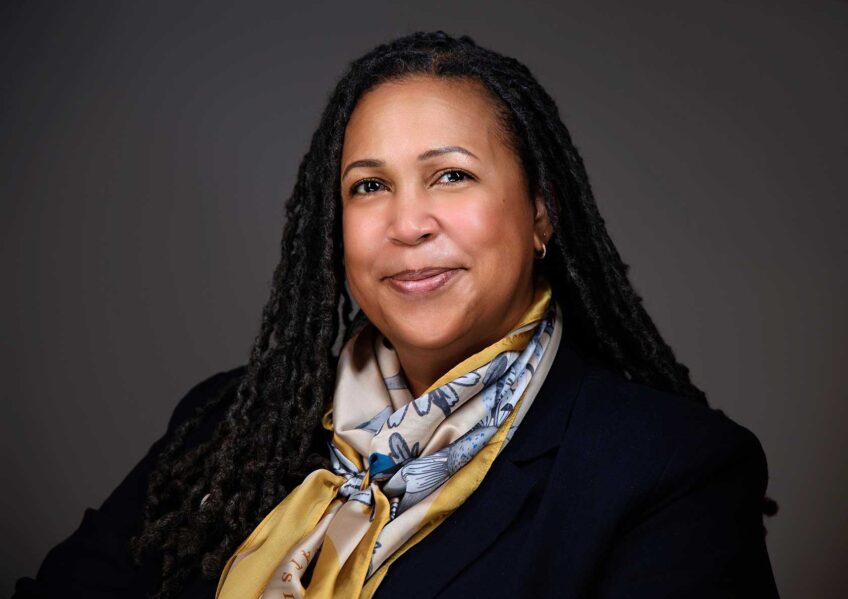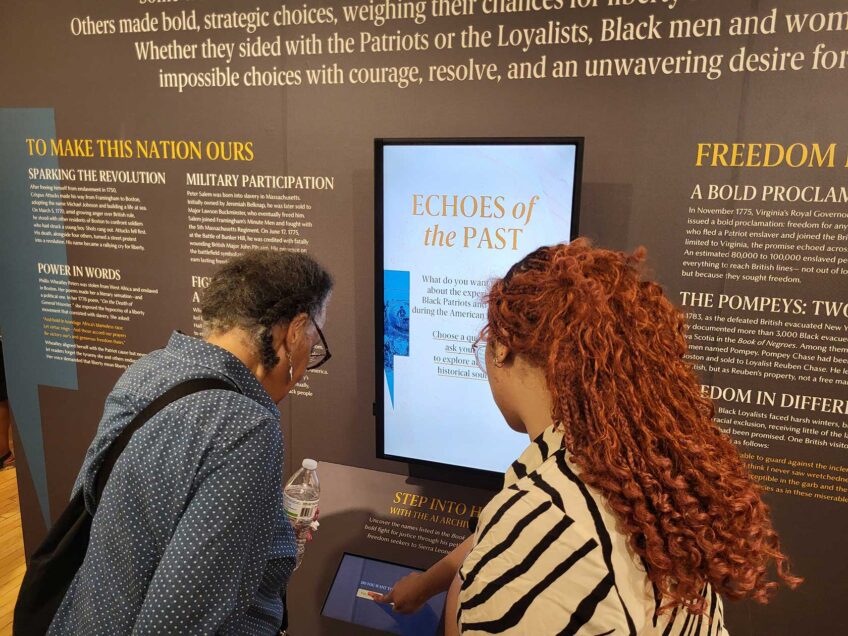Lawmakers charged with reshaping the state’s new congressional districts heard the last pieces of testimony last week from fellow legislators and advocacy groups on how to draw the map that will eliminate one of the state’s 10 seats in the U.S. House of Representatives.
About 100 people attended the Legislature’s 13th and final public hearing on redistricting, including U.S. Rep. Stephen Lynch of Boston, who urged the committee to maintain the district he represents.
Although Lynch would not say which district should go, he said his, the 9th, should stay because it is compact and it keeps similar communities together.
“The compactness of my district allows me to personally attend and personally address town meetings throughout the year and meet one on one with the elected officials,” Lynch told the committee. The congressman has represented parts of Boston and 20 communities south of the city since 2001.
Lynch and many other groups testifying at the hearing stressed the importance of maintaining and strengthening so-called majority-minority districts.
“I participated in and supported the historic creation of the current majority-minority district in 2002 and I’m committed to make further progress in that regard,” Lynch said.
These districts consist of a majority of black, Latino, Asian and other minority voters.
U.S. Rep. Michael Capuano of Somerville represents the state’s current majority-minority 8th District, which was redrawn after 2000 to improve the representation of minorities in Congress. It consists of parts of Boston, Chelsea, Somerville and Cambridge.
“I am proud to represent the first majority non-white congressional district in Massachusetts and I hope that the reconfigured district will meet or exceed this beginning benchmark,” Capuano said in a statement.
Based on 2010 U.S. Census data, 34 percent of that district’s population is either black, Asian or another non-white race, and 19 percent is Hispanic.
Overall, Massachusetts saw its Latino and Asian-American population each rise 46 percent over the last decade.
The state’s black population saw a rise of 26 percent, while the white population fell by 1.9 percent, census data showed.
Drawing Democracy, a coalition of eight state and local organizations representing low-income minorities and immigrants, proposed two redistricting maps that they said would ensure those groups have a voice in government.
The group’s suggested maps extended the boundaries of the 8th District to strengthen the influence of minorities. Organizers said the politicians who represent the districts did not play a role in their drafts.
But Lynch said he hopes Boston can continue to be represented by two congressmen.
“It’s worked well for the city so far in terms of getting resources,” he told reporters after testifying. “We work well together.”
Both Lynch and Capuano have been mentioned as possible challengers to Republican U.S. Sen. Scott Brown, but Lynch said he planned to run for re-election.
Neither has indicated he plans to step aside, which could result in two of the state’s U.S. representatives being forced to run against each other in the 2012 election.
State Sen. Stanley Rosenberg, D-Amherst, the Senate chairman of a legislative panel redrawing the districts, said last week the committee had yet to begin drawing a new map and was still analyzing population data and demographic information.
He said the committee hopes to have the new districts approved by Thanksgiving.
Associated Press






